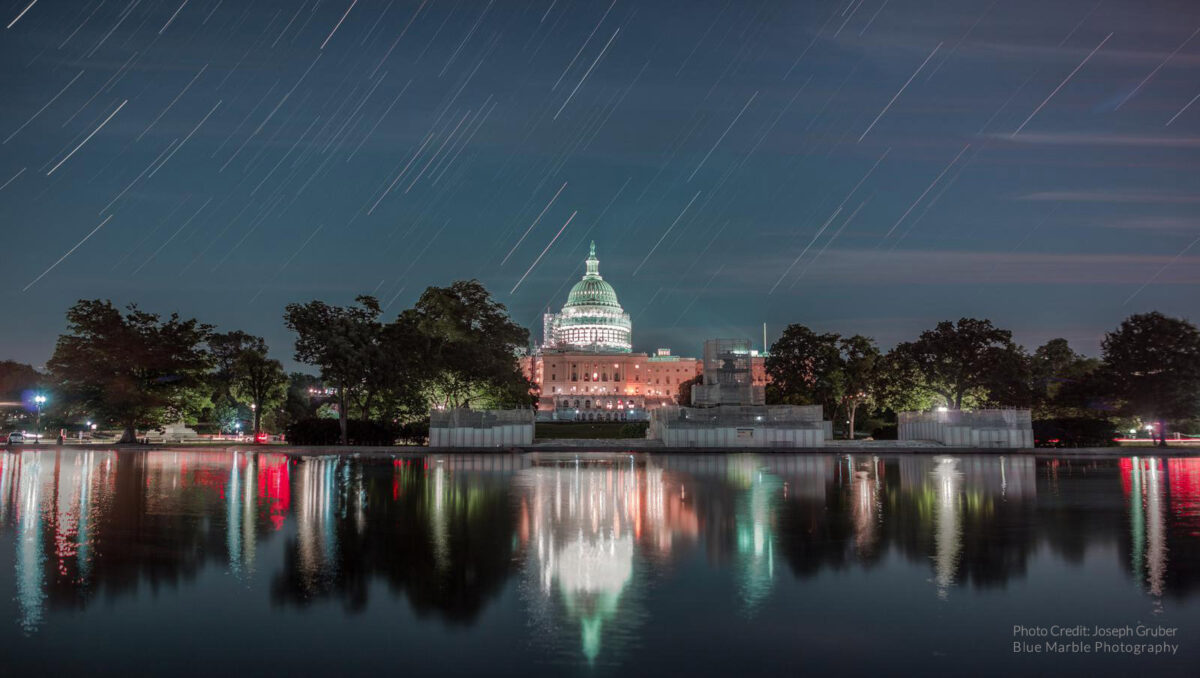The Space Advocate • Nov 10, 2021
The Space Advocate Newsletter, November 2021
From the Chief Advocate

NASA plans to launch the Double Asteroid Redirection Test (DART) mission later this month. Next Fall, the small spacecraft will slam into a moon of the asteroid Didymos, ever-so-slightly changing its orbit. Measuring these changes will improve models for how to disrupt the path of asteroids in the future, should one ever be found to threaten Earth.
It is, therefore, not a stretch to suggest that DART may be one of the most consequential missions ever undertaken by NASA.
The launch of DART marks a new era of planetary defense. For decades a program of observation with pre-existing telescopes, it is now a full-fledged flight program, designing and launching spacecraft dedicated to planetary defense. DART will be the first, followed by NEO Surveyor. The close flyby of the asteroid Apophis in the late 2020s provides further opportunities.
A mere 15 years ago, NASA’s NEO observations program limped along with a paltry $4 million in annual funding — on the order of what NASA spent on employee travel. In the intervening years we’ve seen a sea change in funding priority, the result of multiple National Academies reports, the brief flirtation by the human spaceflight directorate with an asteroid mission, and the dramatic images from the Chelyabinsk event. In the fierce competition for public investment, the program managed to grow by nearly 4000% to $200 million per year.
I sat down with Lindley Johnson, NASA’s planetary defense coordination officer, to explore growth and maturation of this critical effort. You can listen to our discussion in this month’s Planetary Radio: Space Policy Edition.
This story is an example of how our civil bureaucracies can work: adapting and incorporating new responsibilities in response to scientific discoveries. Remember, it was only 40-odd years ago that humanity became attuned to the threat of large asteroids. And it wasn’t until 2005 that Congress amended NASA’s official responsibilities to include NEO detection and tracking. In the scheme of things, planetary defense is still a novel field.
Until next launch,
Casey Dreier
Chief Advocate
Space Policy Highlights

How NASA's Planetary Defense Budget Grew By More Than 4000% in 10 years (planetary.org) "The arguments in favor of an extensive NEO survey program are not any different today than they were in 2005. Everyone knew that getting hit by a big asteroid would be bad and that we needed to search for potential threats. In the absence of new arguments, we should look to politics: why would the NEO observations suddenly warrant increased political attention required to drive funding?"

Hunt for Alien Life Tops Next-Gen Wish List for U.S. Astronomy (scientificamerican.com) "The premier result of Astro2020’s top-recommended new program would be a supersize and far more sophisticated successor to the Hubble Space Telescope, which itself was the first in NASA’s sequence of four “Great Observatories” sent aloft between 1990 and 2003. Like Hubble, it would operate in optical, infrared and ultraviolet wavelengths, but it would be perhaps three times larger than that storied observatory and built for an estimated $11 billion. Beginning development at the end of this decade for a notional launch in the mid-2040s, it would snap pictures of dozens of potentially habitable exoplanets and study their atmospheres for signs of life while also being a workhorse for a wealth of transformative astrophysics."
We will have further discussion and analysis of the new decadal survey in next month's newsletter and podcast.

Blue Origin Loses Human Landing System Court Case (spacepolicyonline.com) "Blue Origin maintained that NASA's acquisition process for a Human Landing System (HLS) to put astronauts back on the Moon...was flawed. NASA awarded a contract only to SpaceX because Congress provided only 25 percent of the funding it had requested. After losing a protest to the Government Accountability Office (GAO), Blue Origin took the matter to federal court, but with the same outcome. Company founder Jeff Bezos tweeted 'Not the decision we wanted, but we respect the court’s judgment, and wish full success for NASA and SpaceX on the contract.'"

Harris to convene first National Space Council meeting Dec. 1 (spacenews.com) "There has been little public progress on the council beyond the appointment of Chirag Parikh as executive secretary in August. At the time, White House officials said the first meeting of the council was scheduled for some time in the fall. Parikh, speaking at the 36th Space Symposium Aug. 25, said Harris was “very energized” by her role as chair of the council. “We’ve had several meetings with her already and she is actively engaged, asking all the right questions, the hard questions,” he said."
Planetary Radio: Space Policy Edition

We're entering a new era of planetary defense (with Lindley Johnson)
The first in-space test of asteroid deflection technology, DART, launches this month. Lindley Johnson, NASA's planetary defense coordination officer, joins the show to talk about how this mission represents a new era for the agency's Planetary Defense program, and how it took nearly 25 years to convince policymakers, international partners, and even NASA that asteroid detection and deflection is an important use of taxpayer dollars. Casey and Mat also highlight the new Astrophysics decadal survey report and the federal ruling against Blue Origin in its effort to secure funding for its lunar lander.


 Explore Worlds
Explore Worlds Find Life
Find Life Defend Earth
Defend Earth

